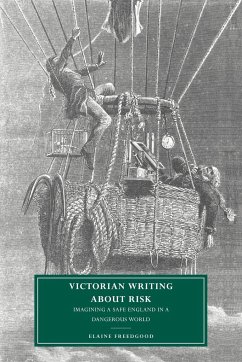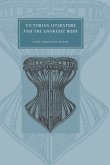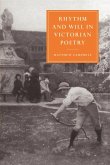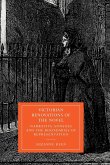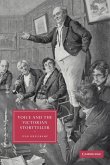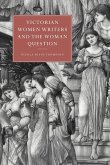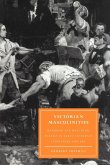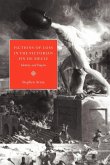Elaine Freedgood explores the geography of risk produced by a wide spectrum of once-popular literature.
In Victorian Writing about Risk, Elaine Freedgood explores the geography of risk produced by a wide spectrum of once-popular literature, including works on political economy, sanitary reform, balloon flight, Alpine mountaineering and African exploration. The consolations offered by this geography of risk are precariously predicated on the stability of dominant Victorian definitions of people and places. Women, men, the labouring and middle classes, the English and the Irish, Africa and Africans: all have assigned identities which allow risk to be located and contained. When identities shift and boundaries fail, danger and safety begin to appear in all the wrong places. The texts that this study focuses on reveal the ways in which risk moralizes and naturalizes the economic and political institutions of industrial, imperial culture during a period of unprecedented expansion and change.
Review quote:
"...an enjoyable and well-written book."
Victorian Studies
"Freedgood's work is most compelling..."
Albion
Table of contents:
List of illustrations; Acknowledgments; Introduction: the practice of paradise; 1. Banishing panic: J. R. McCulloch, Harriet Martineau and the popularization of political economy; 2. The rhetoric of visible hands: Edwin Chadwick; Florence Nightingale and the popularization of sanitary reform; 3. Groundless optimism: regression in the service of the ego, England and empire in Victorian ballooning memoirs; 4. The uses of pain: cultural masochism and the colonization of the future in Victorian mountaineering memoirs; 5. A field for enterprise: the memoirs of David Livingstone and Mary Kingsley; Conclusion; Notes; Bibliography; Index.
Hinweis: Dieser Artikel kann nur an eine deutsche Lieferadresse ausgeliefert werden.
In Victorian Writing about Risk, Elaine Freedgood explores the geography of risk produced by a wide spectrum of once-popular literature, including works on political economy, sanitary reform, balloon flight, Alpine mountaineering and African exploration. The consolations offered by this geography of risk are precariously predicated on the stability of dominant Victorian definitions of people and places. Women, men, the labouring and middle classes, the English and the Irish, Africa and Africans: all have assigned identities which allow risk to be located and contained. When identities shift and boundaries fail, danger and safety begin to appear in all the wrong places. The texts that this study focuses on reveal the ways in which risk moralizes and naturalizes the economic and political institutions of industrial, imperial culture during a period of unprecedented expansion and change.
Review quote:
"...an enjoyable and well-written book."
Victorian Studies
"Freedgood's work is most compelling..."
Albion
Table of contents:
List of illustrations; Acknowledgments; Introduction: the practice of paradise; 1. Banishing panic: J. R. McCulloch, Harriet Martineau and the popularization of political economy; 2. The rhetoric of visible hands: Edwin Chadwick; Florence Nightingale and the popularization of sanitary reform; 3. Groundless optimism: regression in the service of the ego, England and empire in Victorian ballooning memoirs; 4. The uses of pain: cultural masochism and the colonization of the future in Victorian mountaineering memoirs; 5. A field for enterprise: the memoirs of David Livingstone and Mary Kingsley; Conclusion; Notes; Bibliography; Index.
Hinweis: Dieser Artikel kann nur an eine deutsche Lieferadresse ausgeliefert werden.

